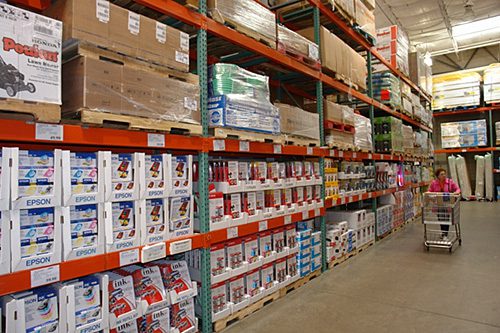You have a growing business. You’ve been so busy developing your products to meet your customers’ needs that you barely have time to do anything else. But in order to get your product to your customers, you need that product in the right stores and presented in ways that follow your in-store marketing strategy.
But your time is tapped out, and you don’t have the resources to go from retailer to retailer convincing them they need your product. Developing relationships with the people who put your products in a customer’s hands is something you know you need to do, but there just isn’t room on your plate.
You need a broker to help you place your product where the right buyers will find it. Your product roll-out strategy is ready to implement, and flawless store execution is how customers will notice and try your stuff. But how do you choose a broker who can get you there?
When you talk to potential brokers, there are a few critical issues where you need to see eye-to-eye. First, the broker needs to understand the customers you’re trying to reach. There’s a good reason you don’t see tuxedos in a sporting goods store. The people ready to buy tuxedos aren’t shopping for fishing tackle at the same time. “How about a cummerbund to go with your new fly reel, sir?,” said no cashier ever.
Your display promotion needs to be in front of an audience who can be persuaded to buy your product. This is essential for your merchandising execution. If a broker can’t match your product to the stores where your target market spends money, you aren’t maximizing your sales.
The second thing you need to know about your broker is their track record of success. Does the broker have a well-developed professional network with retailers whom you want carrying your products? Has the broker helped other businesses be successful in their merchandising execution? And can the broker quantify that success in ways that make sense to you? When a broker has a history of contributing to successful retail execution, there’s a wealth of practical experience to draw upon.
Third, your broker needs to communicate with you. As your company gets its foot in the door at more retailers, you may need to update your marketing strategy. Timely and reliable communication from your broker helps you understand your market share and where your next growth opportunity is. Plus, you need a broker who will maintain relationships with retailers. And when a problem inevitably come up, your broker’s first action should be to alert you to the issue so it can be resolved quickly without disrupting your business.
If you need to check up on your current broker, Observa can help you keep an eye on your brokers as well as optimize your broker’s time by focusing on stores that could have higher sales. Retail compliance with your in-store marketing strategy is critical to presenting your products as you intend. Measuring promotional display gives you unbiased data on how customers see you. And a retail audit from Observa gives you the merchandising checkup your company needs to keep your retail marketing working for you.
If You Enjoy Our Blog Sign Up To Our Newsletter!
Share your email address and you will receive weekly and monthly updates and articles.
